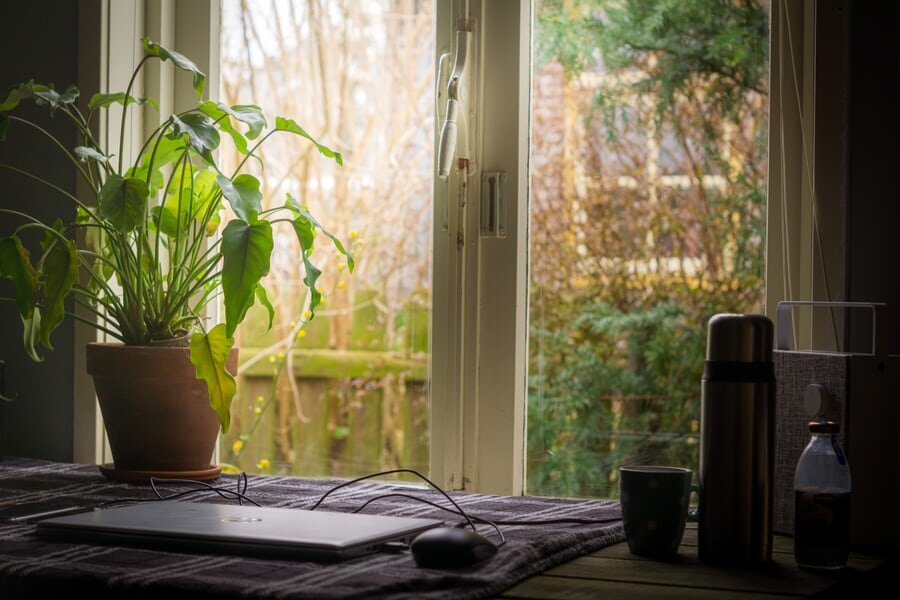
The greatest destruction takes place when there is no outlet for the creative spirit.
- C. Jung, M. von Franz
Therapeutic Approach
Recollect | Relational | Reparation
Psychotherapy
Tired all the time? Feel as if you’re just always on edge? When we endure challenging or traumatic events throughout our life, our bodies do their best to protect us in those situations by activating in certain ways (and we don’t even have to think about it!). A lot of times what happens is that our nervous systems get confused on what is a threat and what is not and it stays activated 24/7 to be on guard. This can cause us to have excess anxiety or lingering thoughts or emotions that don’t serve us in situations that actually aren’t threatening.
A big part of my therapy is to help you find ways to regulate your nervous system so that you feel in better control or your mind and body even when you aren’t control of the world. We are mindful of honoring your body and allowing it to do what it needs to do to protect yourself and we also invite it to be restored and rest when it doesn’t.
My therapeutic approach is less traditional and more integrative— a combination of relational/interpersonal, attachment theory, narrative & psychodynamic therapies tailored to each individual. This just means that we will seek to understand how significant relationships and environments affect the well-being of your mind and body by exploring thoughts and stories that impact you.
Why relational therapy? If we are wounded in relationship, we heal in [safe] relationship.
Instead of asking, “What’s wrong with you?” I wonder, “What is resilient about you?”
- S. Ginwright
I work through an anti-oppressive lens that takes in the importance of culture, identity, intersectionality, and the collective experiences that have shaped you and your journey. I believe that healing is incomplete when failing to pay attention to the role that systems and power differentials have in keeping communities living in oppression. I place sensitivity to cultural preferences for treatment and world views of health and wellness as essential.
Re-experience
| Re-sensitize | Reconnect
Expressive Arts Therapy
Sometimes we don’t have the words to describe the ache that we feel but the memories and experiences of trauma are still stored in our body causing us to feel unwell. These can include events impacting us in ways that we might not be consciously aware of or believe that we have already worked through such as abuse, neglect, betrayal, abandonment, death, loss, and so on.
As a working professional accumulating hours towards an additional licensure in Expressive Arts Therapy, we have the option to utilize art as a way to explore and express in our sessions if words just feel too hard at the moment or if layers seem too difficult to roll back and unpack.
As we get the body involved in the expression of the arts we can tend to our senses and what comes up to the surface. We can also just allow you to enjoy the process of creating and dissociate completely from the challenges of life. Yes, playing around and having fun is therapeutic too! Want to know the best part? You don’t have to be “good” at art. Skill and experience are completely irrelevant to this particular explorative process. Expressive arts date back centuries beginning with the First people creating in song, dance, drum circles, storytelling, cave drawings, sculpture, face paint—the list goes on. It is innate to our bloodline.
My therapeutic approach to EXA is heavily influenced by Natalie Rogers and person centered therapy. At both the therapist and client’s discretion, we can integrate Expressive Arts Therapy into already scheduled psychotherapy sessions for a very low cost— usually covered by insurance. The time spent on these processes can range anywhere between 10-30 minutes in a 53 minute psychotherapy session depending on the activity and the individual. The remainder of the session will be reserved to process what the experience was like and discuss anything else necessary for healing.
With the goal of communal support in mind, I engage in the Expressive Arts Therapy processes with you. It can be silly, it can be serious. You get to choose what feels most comfortable. There is no right or wrong on how to do the processes and the art created will not be critiqued, evaluated, or rated in any shape or form as my hope is to instill a contained space that feels entirely non-judgmental. We make mistakes, we try new things, and we simply allow the art to be what it wants to be and join in together to witness it as is.
Supplies and modalities include pens, crayons, colored pencils, oil pastels, paint, clay, free writing, sand tray, drama, movement, dance, storytelling, singing, poetry, chalk pastels, collage, voice activation, breath work, music, intentional silence, and more. Incorporating Expressive Arts Therapy into sessions does not require the client/patient to purchase any of the previous listed tools or to be knowledgeable, experienced, or traditionally talented in these modalities. We can work with whatever you have laying around at home and on a case by case basis we can look into how I can connect you with ways to access art supplies for no cost or hassle in order to fully experience what Expressive Arts Therapy has to offer.
Not sure if therapy is right for you?
Book a free 20 minute phone call to see if we would be a good fit. If not, I will do my best to send you with referrals that might be able to meet your needs.

